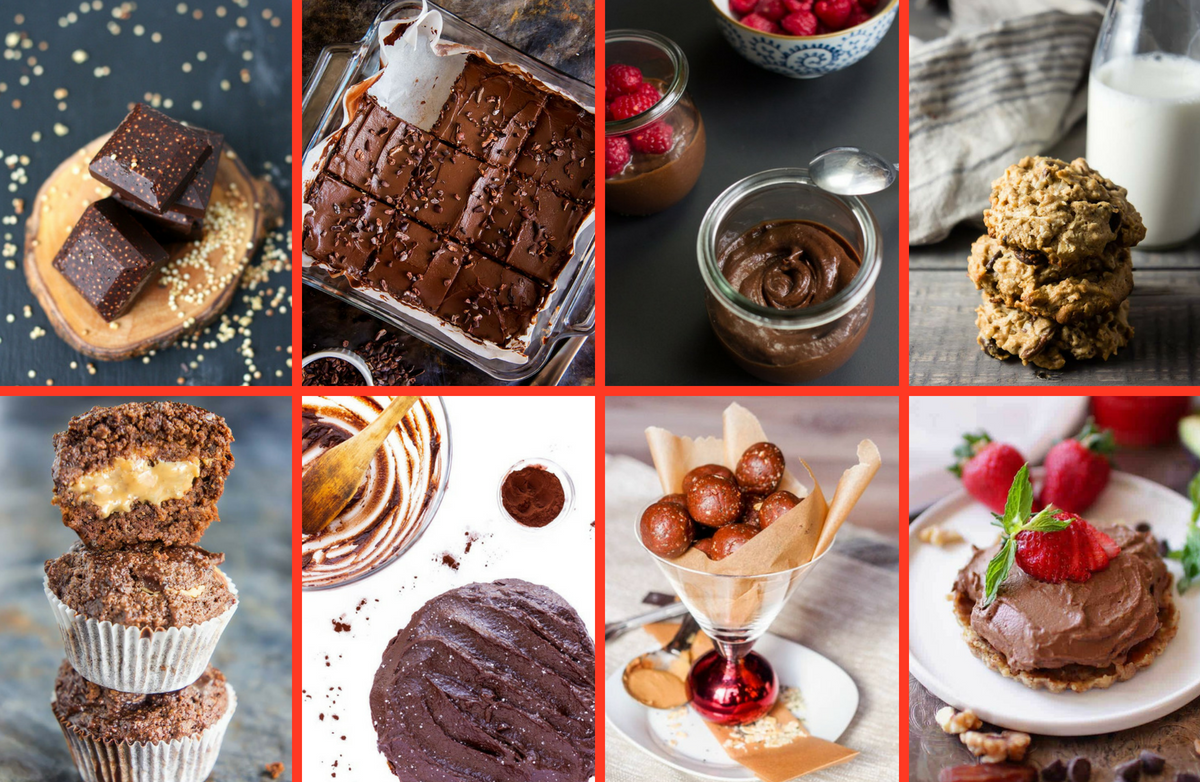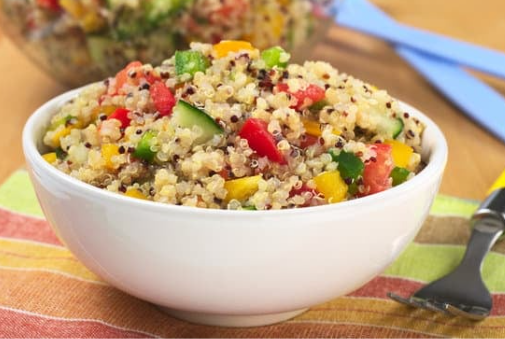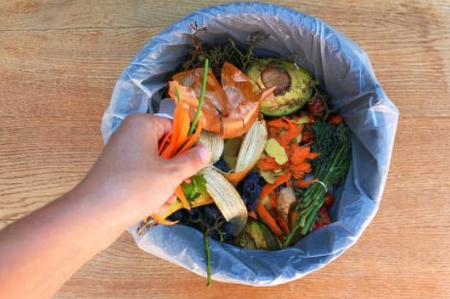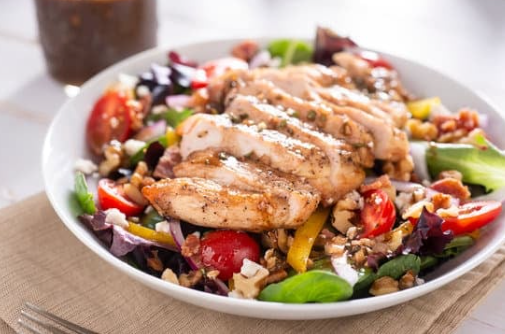Nutritionally speaking, the health benefits of seeds have not been studied as much as nuts. However, seeds are excellent sources of fiber, selenium and vitamin E, and fairly good sources of protein, zinc and iron. Because they contain a concentrated source of fat and calories, it is best to enjoy them in small amounts (1/8 - 1/4 cup), three to four times a week.
Common Seed Types
- Flaxseed has been part of the human diet for thousands of years. However, its popularity has increased recently due to its health benefits. These seeds must be ground before you eat them so that your body can utilize the nutrients.
- Hemp seeds have a delicious, nutty flavor. Unlike marijuana, hemp seeds contain virtually no THC (the psychoactive ingredient in pot), so you don't have to worry about failing your company’s drug test.
- Pumpkin and squash seeds aren't just for Halloween! These seeds with a chewy, peanutty flavor make a pleasant snack year-round.
- Sesame seeds add a crunchy texture to many Asian dishes. They are often sprinkled on steamed veggies, added to salads, sprinkled on breads and tossed into stir-fries. These nutty-tasting, oval-shaped seeds are often ground into a paste called tahini. This paste is a staple ingredient in many Middle Eastern foods such as halvah, hummus, soups and sandwiches.
- Sunflower seeds come from the huge head of the sunflower, which is filled with these delicious seeds with a nutty flavor. People of all ages enjoy cracking the shell open with their teeth, digging out the kernel, and spitting out the shell's remains. Sunflower kernels make tasty additions to trail mix, granola, stuffing and baked goods.
Selection and Storage
Select seeds that are in sealed jars, bags or containers to help ensure freshness. Because seeds are high in fat, they will spoil easily. Store them in a cool, dark, dry location. Seeds can be refrigerated from two months to a year or kept in the freezer for up to two years.
Toasting and Seasoning
You can enhance the flavor of your seeds by lightly toasting them. Place a single layer of seeds in a skillet over low heat. Stir constantly for one to two minutes, until golden brown. To add flavor, coat lightly with olive oil and season with salt, soy sauce, garlic powder, chili powder, seasoning salt or your favorite dry salad dressing mix.
Enjoyment
You can eat some seeds, such as squash and pumpkin varieties, with or without their outer husk or shell. Others (safflower and sunflower seeds) have a tough coating that you must remove before eating. Seeds can be eaten alone as a snack or added to rice dishes, salads, homemade breads and muffins, stir-fries, trail mixes, yogurt, granola, cereal and oatmeal.
Nutrition Information
| Seed Type | Calories | Fat | Fiber | Protein |
| Flaxseed | 224 | 18 | 12 | 8 |
| Hemp seeds | 162 | 10 | 1 | 11 |
| Pumpkin & Squash seeds in shell, roasted | 71 | 3 | 4 | 3 |
| Pumpkin & Squash seeds, roasted | 71 | 3 | 0 | 3 |
| Safflower seeds, roasted | 130 | 10 | 2 | 4 |
| Sesame seeds in shell, roasted | 141 | 12 | 3 | 4 |
| Sesame seeds, roasted | 182 | 15 | 6 | 6 |
| Sunflower seeds, roasted | 207 | 19 | 4 | 6 |













